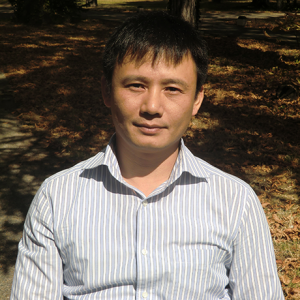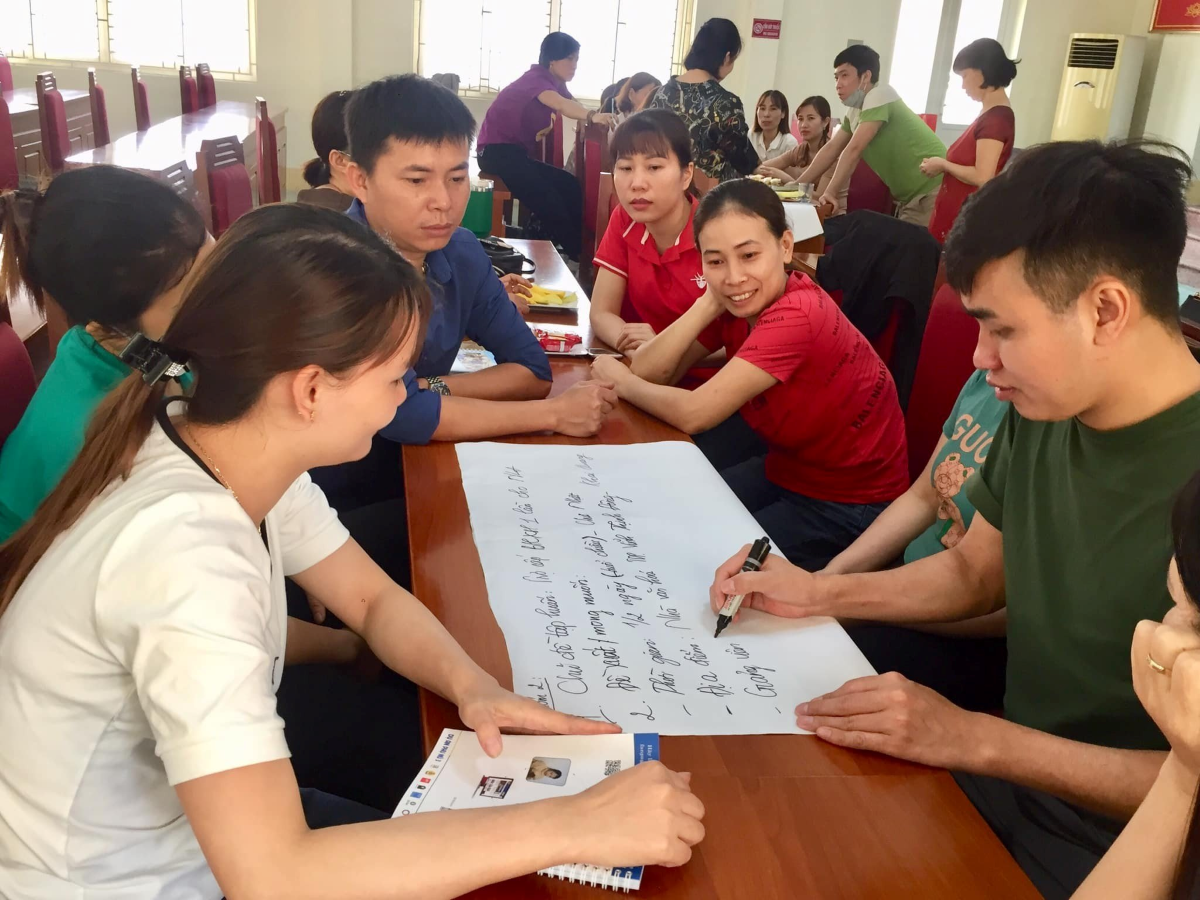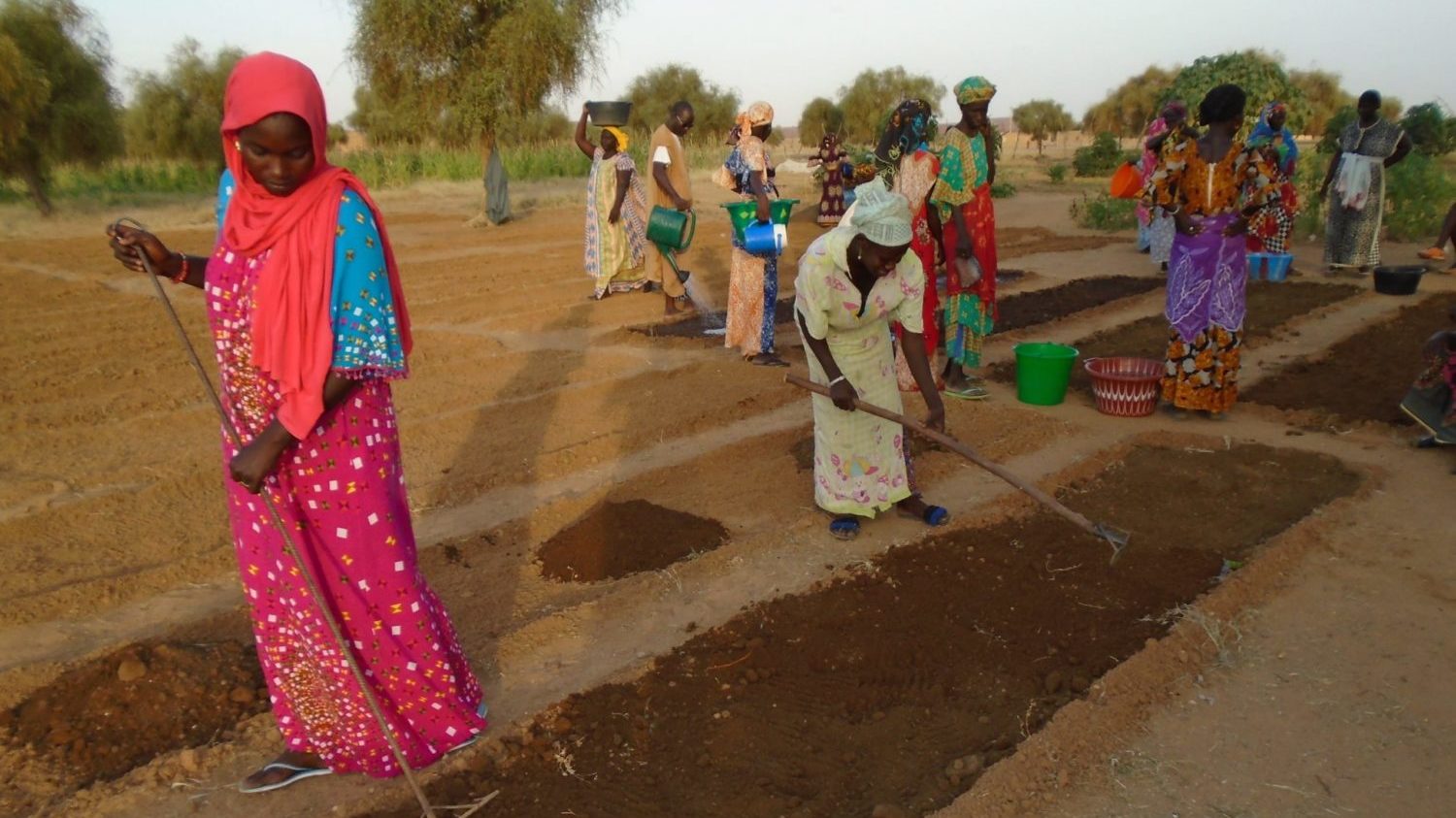An Expert in project management in the development sector, Ninh Huu Nguyen has been working for GRET in Vietnam for eighteen years. He was appointed country representative seven years ago.
What are the main development issues in Vietnam?
Over the past thirty years, Vietnam has managed to maintain sustained economic growth thanks to its “renewal” policy, launched in the early 1990s. The country’s GDP was multiplied by three during this period, which largely contributed to decreasing the rate of poverty. Despite these encouraging results, Vietnam today is facing three main challenges: an increase in social inequalities, rapid population growth and climate change.
Demographic growth remains a major challenge. With an estimated population of over 100 million in 2025, Vietnam must anticipate new challenges such as the growth of cities, vocational training for the millions of young people who arrive on the job market every year and, above all, improving the quality of growth so that the country can maintain its competitiveness at global level. Lastly, Vietnam is one of the ten countries that are most vulnerable to climate change. With over 3,000 kilometres of coastline, climate hazards directly affect the largest agricultural regions and threaten farms and rural populations’ income.
How does GRET contribute to fighting poverty and inequalities in Vietnam?
Present in Vietnam since 1988, GRET implements intervention programmes that are in line with the socio-economic changes occurring in the country. Those implemented in recent years – especially the “Red River” Programme, the objective of which was to develop agricultural production, and the “Fasevie” Programme to fight against child malnutrition – placed significant focus on technical innovation. GRET’s activities today are evolving and tackling new areas such as workers’ rights. The Phu Nu project (2014-2017) for example aimed to improve living conditions and social integration for migrant women workers.
Down through the years, capitalisation on technical references and the confidence generated by GRET have led us to gradually concentrate on organisational, institutional and political aspects, an approach that is particularly appreciated by the local authorities.
What are the main challenges ahead for GRET in Vietnam?
Since 2012, Vietnam has become a middle-income country. So GRET has re-defined its intervention priorities to support the country, which today faces new development challenges. The ten-member GRET team in Vietnam is currently leading five projects in diverse subject areas such as strengthening civil society, workers’ rights, the fight against climate change and land governance. The fight against inequalities today remains one of the main drivers of GRET’s action in Vietnam. However, working in an “emerging” country gives rise to significant changes, because Vietnam is no longer considered a priority country by many donors, which makes sourcing funding increasingly difficult.






